August 22, 2016
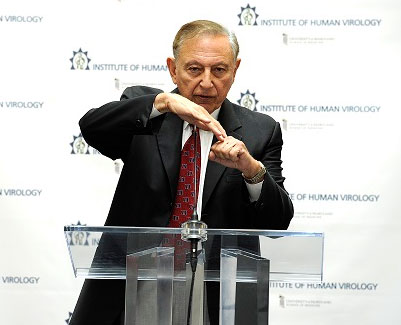
Baltimore-based scientists awarded grant to solve a major challenge in HIV-1 vaccine research
The Institute of Human Virology (IHV) at the University of Maryland School of Medicine announced today a $14.4 million grant from the U.S. National Institute of Allergy and Infectious Diseases (NIAID) to tackle a significant scientific global challenge in HIV vaccine research – the inability to produce long-lasting antibodies to protect against HIV infection. The announcement was made today by Robert C. Gallo, MD, The Homer & Martha Gudelsky Distinguished Professor of Medicine, Director, Institute of Human Virology, University of Maryland School of Medicine, and his colleagues George Lewis, PhD, Professor of Microbiology and Immunology, Director Division of Vaccine Research, Institute of Human Virology, University of Maryland School of Medicine and Anthony DeVico, PhD, Professor of Medicine, Division of Vaccine Research, Institute of Human Virology, University of Maryland School of Medicine. IHV’s grant collaborators include Guido Silvestri, MD at the Yerkes National Primate Research Center of Emory University and Warner Greene, MD, PhD, of the Gladstone Institute of Virology & Immunology at the University of California at San Francisco.
"Since our group co-discovered HIV as the cause of AIDS in the early 1980’s, I have long stated that any successful vaccine would need to block HIV infection from the start given the nature of retroviruses and HIV’s aggressive replication cycle," said Dr. Gallo, who pioneered the field of human retroviruses with his 1980 discoveries of the first human retroviruses (Human T cell Leukemia-1, or HTLV-1 and Human T cell Leukemia-2, or HTLV-2). "In order to do this, we must have persistent antibodies to protect against HIV."
HIV vaccine development presents unprecedented challenges on multiple levels, a reality, often overlooked, that cannot be overstated. The chief challenge is that HIV is a human retrovirus that replicates by irreversibly inserting its genes into the host genome. Thus, HIV infection is established permanently in a matter of days or perhaps even hours (1–6), and it cannot be cleared by primary or anamnestic responses that occur after exposure. In addition to integrating into the host genome, a second unique challenge is that HIV replicates in CD4+ T cells that are key players in protective immunity not only to HIV itself but also too many other pathogens. These central features distinguish the path to an HIV vaccine from the traditional design principles that led to successful vaccines against other infectious agents.[1]
"While we study the antibody sustainability problem, we need to activate T cells that fight HIV,” said Dr. Lewis. “However, T cells are also the very cells that HIV infect and kill. Thus, there is a fine balance we must reconcile so that we can examine and produce long-lasting antibodies for an effective vaccine."
Last fall, IHV launched Phase 1 clinical trials of a novel HIV vaccine candidate developed by Drs. Gallo, Lewis, DeVico and Tim Fouts, PhD of Baltimore-based Profectus Biosciences, Inc., a spinoff company from IHV. The candidate immunogen, denoted as the Full-Length Single Chain (FLSC), is designed to elicit strong protective antibody responses across the spectrum of HIV-1 strains. The IHV team will utilize the FLSC as a model system with the goal of finding ways to improve the efficacy and durability of all HIV vaccines.
"We have noticed an unusual, but not uncommon, phenomenon in HIV’s envelope protein that affects the sustainability of antibodies,” said Dr. DeVico. "We need to learn why this is happening so we can promote durability in our vaccine’s antibody response against HIV."
"We believe this antibody durability challenge is solvable,” said Dr. Gallo. "Importantly, funding sources and collaborators such as NIAID and The Bill & Melinda Gates Foundation are critical partners in our quest to solve this complex scientific challenge and we are grateful for their continued support, among others."
About the Institute of Human Virology
Formed in 1996 as a partnership between the State of Maryland, the City of Baltimore, the University System of Maryland and the University of Maryland Medical System, IHV is an institute of the University of Maryland School of Medicine and is home to some of the most globally-recognized and world-renowned experts in all of virology. The IHV combines the disciplines of basic research, epidemiology and clinical research in a concerted effort to speed the discovery of diagnostics and therapeutics for a wide variety of chronic and deadly viral and immune disorders - most notably, HIV the virus that causes AIDS. For more information, visit www.ihv.org and follow us on Twitter @IHVmaryland. You may also view a video about the IHV: http://ow.ly/T7Isr
[1] Lewis GK, DeVico AL, Gallo RC. Antibody persistence and T-cell balance: two key factors confronting HIV vaccine development. Proc Natl Acad Sci U S A. 2014;111(44):15614-21. doi: 10.1073/pnas.1413550111. PubMed PMID: 25349379; PMCID: 4226080.
Contact
Department of Anesthesiology
(410) 328-6120 (phone)
(410) 328-5531 (fax)
swalsh@som.umaryland.edu
Nora Samaranayake
Director of Marketing and Public Relations
(410) 706-1954 (phone)
(410) 706-1952 (fax)
nsamaranayake@ihv.umaryland.edu
Related stories
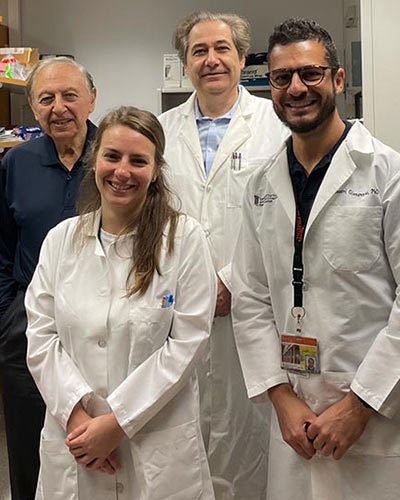
Monday, July 17, 2023
Researchers from the Institute of Human Virology Discover that a Bacterial Protein Causes Genomic Instability and Contributes to Reduced Fertility, and Birth Defects
A team of researchers from the University of Maryland School of Maryland’s (UMSOM) Institute of Human Virology (IHV), a Center of Excellence of the Global Virus Network (GVN), published new findings that emphasize the crucial role of the urinary and genital tract microbiota in adverse pregnancy outcomes and genomic instability that originate in the womb during fetal development.
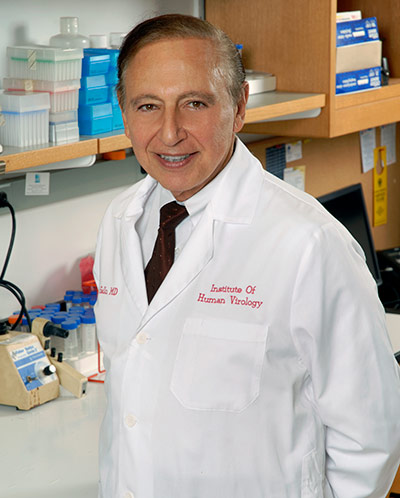
Tuesday, March 28, 2023
Two-Time Lasker Awardee and Internationally Acclaimed Virologist, Robert C. Gallo, MD, To Step Down as Director of UM School of Medicine’s Institute of Human Virology (IHV)
Robert C. Gallo, MD, one of the world’s leading virologists and cancer researchers, announced he has stepped down from his position as Director of the Institute of Human Virology (IHV) at the University of Maryland School of Medicine (UMSOM), effective March 24.
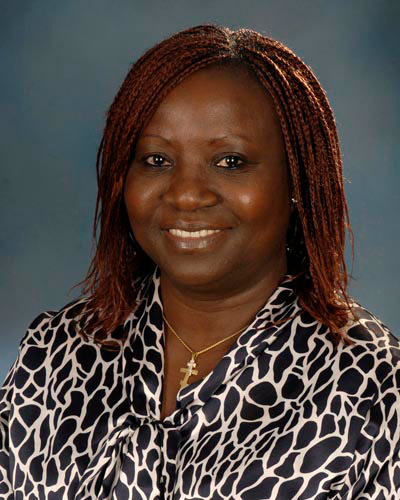
Thursday, August 12, 2021
UM School of Medicine's Institute of Human Virology Member Joins Scientific Advisory Committee of the Coalition for Epidemic Preparedness Innovations
The Coalition for Epidemic Preparedness Innovations (CEPI) has announced that Alash'le Abimiku, PhD, Professor of Medicine at the University of Maryland School of Medicine (UMSOM) and scientist at UMSOM’s Institute of Human Virology (IHV) will join CEPI’s Scientific Advisory Committee for a three-year appointment. CEPI supports research and development programs in response to infectious outbreaks such as the current COVID-19 pandemic, as well as future pandemics. UMSOM’s Institute of Human Virology is a Global Virus Network (GVN) Center of Excellence.
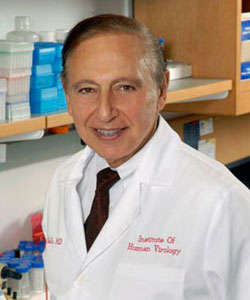
Wednesday, April 22, 2020
Dr. Robert Gallo Featured on National Geographic’s “Jane Goodall: The Hope” on 50th Anniversary of Earth Day
For the 50th anniversary of Earth Day on April 22, 2020, the National Geographic channel will broadcast back-to-back premieres of Photo Ark: Rarest Creatures and Jane Goodall: The Hope.
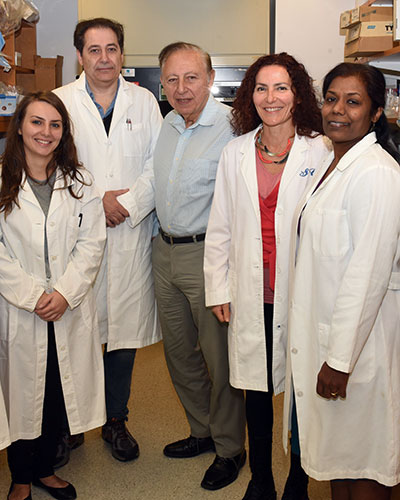
Tuesday, December 04, 2018
Institute of Human Virology Researchers Discover That a Bacterial Protein Promotes Cancer
The Institute of Human Virology (IHV) at the University of Maryland School of Medicine (UMSOM) announced today the discovery that DnaK, a protein of the bacterium mycoplasma, interferes with the mycoplasma-infected cell’s ability to respond to and repair DNA damage, a known origin of cancer.
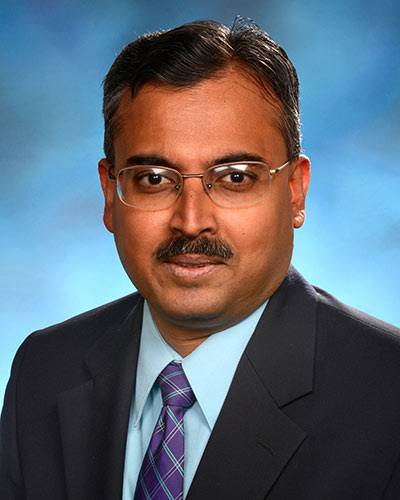
Wednesday, September 19, 2018
Institute of Human Virology (IHV) Awarded $12M to Combat Opioid Epidemic Through Clinical Research Trials
The Institute of Human Virology (IHV) at the University of Maryland School of Medicine will lead a $12 million dollar project to improve the morbidity and mortality of people with opioid use disorder (OUD). Utilizing a novel compound, IHV researches will implement a series of investigations, entitled SEARCH, to evaluate the underlying mechanisms of craving reduction as a strategy to prevent opioid misuse, dependence, and relapse. The grant is awarded through the National Institutes of Health’s (NIH) Helping to End Addiction Long-term (HEAL) Initiative, made possible through groundbreaking funding from the U.S. Congress.
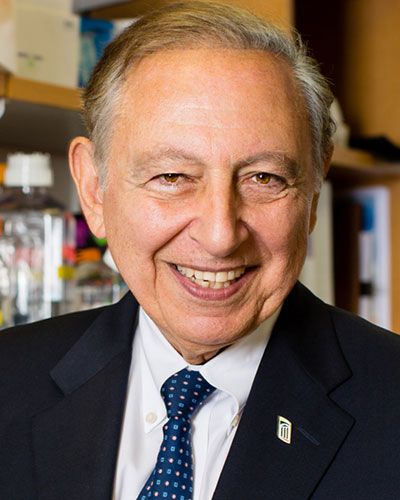
Wednesday, November 29, 2017
To Mark World AIDS Day, Institute of Human Virology Releases Video on Dr. Robert Gallo
The Institute of Human Virology (IHV) at the University of Maryland School of Medicine (UMSOM) released a video on Dr. Robert Gallo, a trailblazer in HIV research, in advance of World AIDS Day, December 1. While many know Dr. Gallo for his pioneering work in AIDS research, the short video focuses on Dr. Gallo’s life and legacy in its entirety, including his pioneering discovery of human retroviruses.
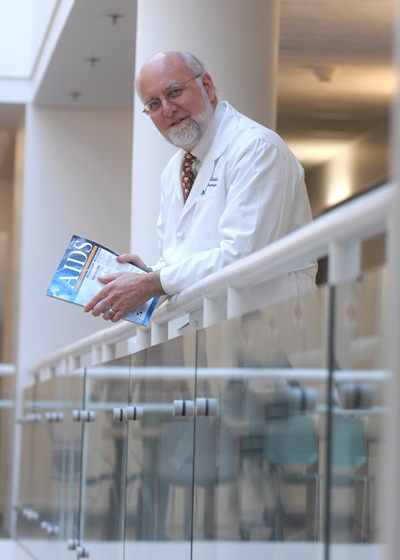
Monday, December 12, 2016
Two Prominent Institute of Human Virology Researchers Honored With Robert C. Gallo, MD Endowed Professorships in Translational Medicine
An investiture ceremony was held recently to name Robert Redfield, Jr., MD, and George Lewis, PhD as the Robert C. Gallo, MD Endowed Professors in Translational Medicine.

Tuesday, October 25, 2016
"A Call to End HIV/AIDS in America" IHV Director Dr. Robert Gallo's Op-Ed in the Huffington Post
As the new Administration is presented with great challenges facing the United States, one will be a longtime foe, the U.S. HIV/AIDS epidemic. Since President Barack Obama was elected in 2008, I have publicly called on our country’s leaders to utilize the largest global health initiative in history - the President’s Emergency Plan for AIDS Relief (PEPFAR) - as a model to address the U.S. epidemic.
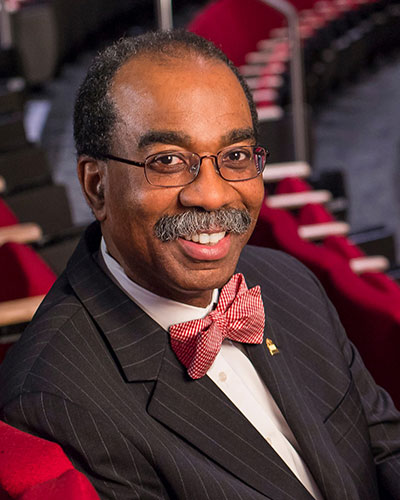
Thursday, March 10, 2016
UM SOM Establishes Two Endowed Professorships Through Private Gifts and Matching State Funds
University of Maryland School of Medicine (UM SOM) Dean E. Albert Reece, MD, PhD, MBA, announced today that the School has been awarded matching funds from the Maryland Department of Business and Economic Development (DBED) as part of the Maryland E-Nnovation Initiative Fund program. The funds, when combined with private philanthropy, will enable UM SOM to establish two new endowed professorships – one in human virology and vaccine development, the other in surgical science and entrepreneurship.
